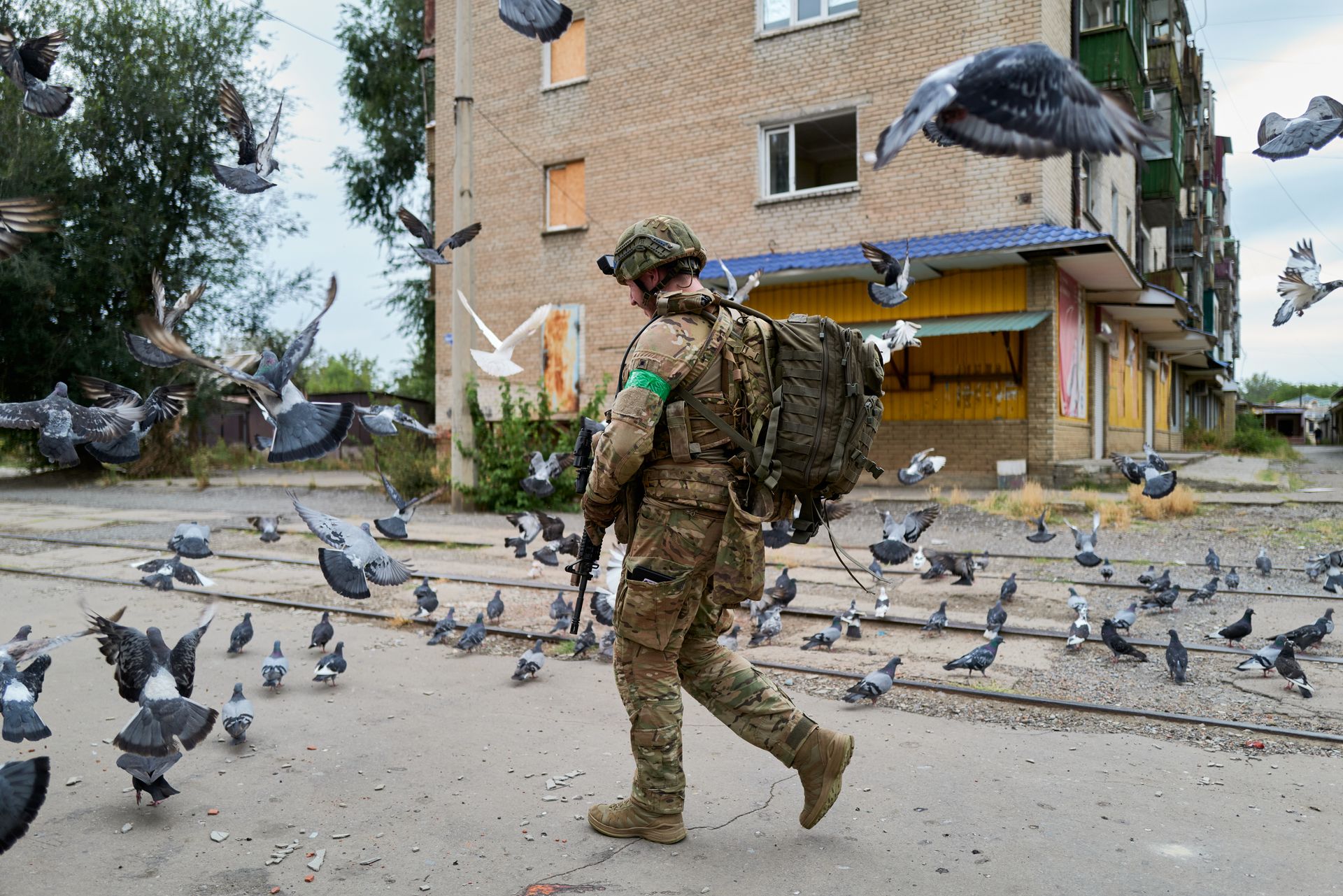Ukraine secures record $586 million EBRD loan to shore up low gas reserves

Ukraine's state energy giant Naftogaz has signed a 500 million euro ($586 million) agreement with the European Bank for Reconstruction and Development (EBRD) for emergency gas purchases.
The financing will help Ukraine better prepare for the autumn and winter months as the country's gas storage reserves fall to their lowest level in at least 11 years due to Russian attacks on energy infrastructure and gas production facilities.
The record deal, signed on Aug. 13, marks the EBRD's largest ever project in Ukraine, Prime Minister Yuliia Svyrydenko said on her Telegram page.
"For the first time, such a loan is provided under EU guarantee, without Ukraine's state guarantee," she said.
The European Commission announced that it will guarantee 90% of the loan under a corresponding European program funded through the EU's Ukraine Investment Framework.
"This frees up the (Ukrainian) state’s guarantee capacity, which can be deployed to other infrastructure projects critical to Ukraine’s recovery," EBRD's Ukraine Deputy Head Mark Magaletsky told the Kyiv Independent.
Ukraine's energy company Naftogaz said the funds will be used to purchase gas through competitive contracts meeting European standards. More than 30 suppliers have been preliminarily identified for the procurement process.
Ukraine's gas reserves in 2025 are at their lowest in over a decade. As of August, storage facilities are 32% full, containing just over 10 billion cubic meters (bcm) of gas, according to Expro consulting.
The main cause is Naftogaz Group's loss of nearly 50% of gas production due to dozens of massive attacks on facilities belonging to the energy giant's subsidiary, Ukrgasvydobuvannya.
Before the full-scale invasion, Ukraine produced 52 million cubic meters (mcm) of gas daily but required 110-140 mcm in winter, covering the shortfall from storage. Russian attacks on energy infrastructure have forced Ukraine to increase imports.
Ukraine signed on July 28 its first gas import deal with Azerbaijan through the Trans-Balkan route, one of four gas import routes to the country. Already on Aug. 6, Russian forces struck the Trans-Balkan pipeline infrastructure near Romania with drones.
Beyond the Azerbaijan deal, Naftogaz has signed four contracts with Poland's Orlen for the delivery of 440 mcm of U.S. liquified natural gas (LNG), with the latest agreement announced July 2 covering an additional 140 mcm.














